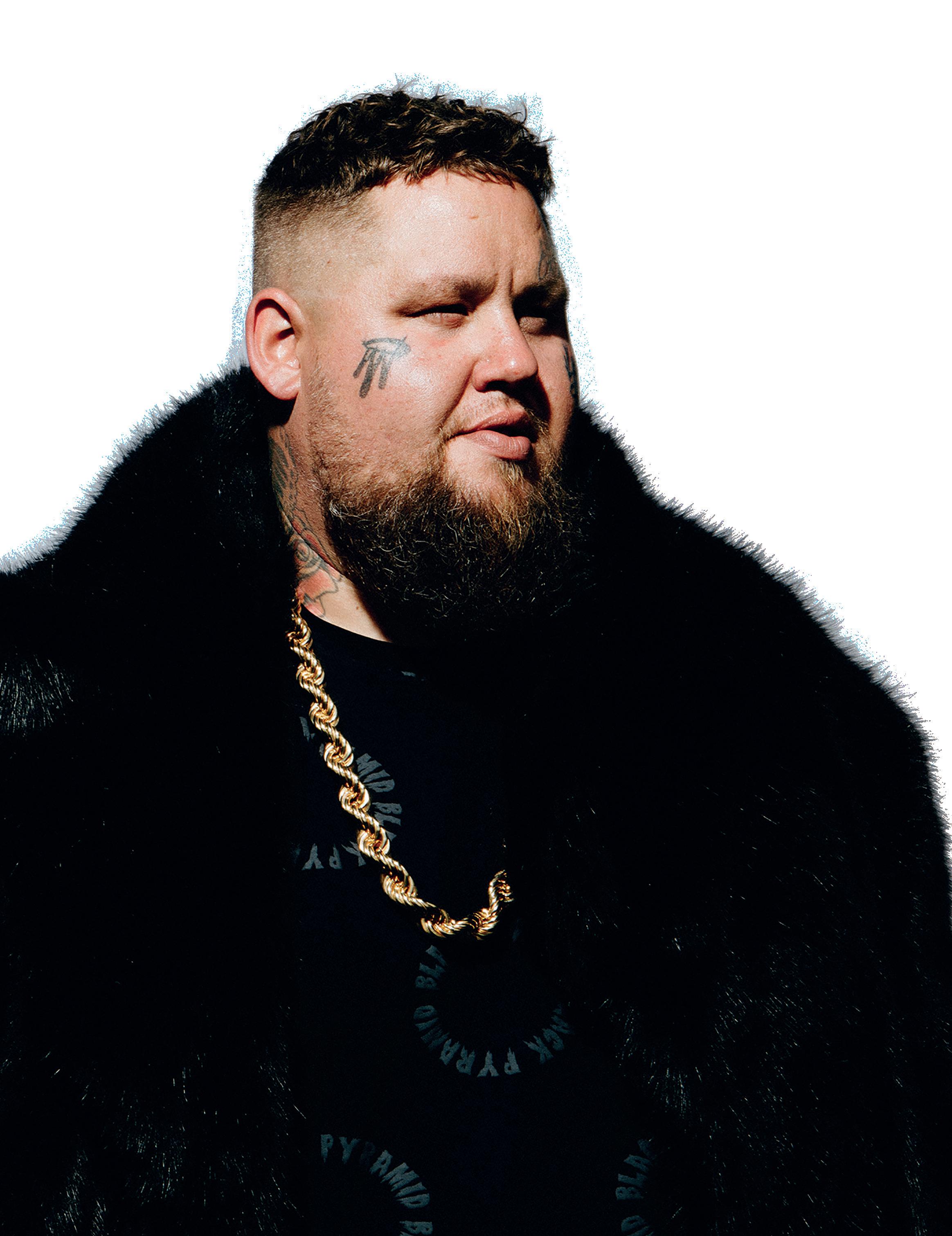
4 minute read
BULLYING
from TAG 2021
by Jason Hollis
WHY PEOPLE BULLY AND HOW TO PREVENT IT
Bullying is a form of repeated physical or physiological oppression against an individual or group of people. It involves any action with intent to humiliate or harm another person, specifically those who are weaker than the bully themself.
Advertisement
Bullying is the purposive targeting of anybody who is vulnerable or of lesser power. It can sometimes go beyond normal conflict when the bully’s behaviour conveys intention to intimidate or frighten the target. A fifth of young people in the
UK have been exposed to bullying and harassment in the past year according to a
BBC report.
Bullying is often aimed at specific social categorizations. These commonly include age, gender, religion, ethnicity, characteristics, sexual orientation and physical appearance. The effect and consequences can be more marked in the case of some of these categories than others.
WHAT DOES THE LAW SAY?
Some cyberbullying activities are classed as criminal offences under the Malicious Communications Act 1988. The Public Sector Equality Duty of The 2010 Equality Act obliges schools and childcare providers to take steps to prevent and respond to discriminatory language. Schools have the power to intervene in and report bullying incidents outside of school grounds, including in the community, transport and online.
Most bullying incidents are not considered crimes. But when bullying involves clearly illegal actions such as theft, threatening and harassment or assault it should be reported to the police.
SIGNS THAT COULD INDICATE SOMEONE IS BEING BULLIED:
• RELUCTANCE TO ATTEND SCHOOL • BECOMING QUIET OR WITHDRAWN • SHOWING SIGNS OF DISTRESS • CHANGES IN BEHAVIOUR • SUDDEN, NEGATIVE CHANGE IN ACADEMIC
PERFORMANCE • LOW SELF-ESTEEM • LOSS OF INTEREST IN SOCIAL ACTIVITIES • ANXIOUSNESS AND MENTAL HEALTH DECLINE WHY DOES IT HAPPEN?
There are various reasons as to why bullying occurs in the first place and where it stems from. A common cause is the bully’s personal history. Children who have experienced social rejection are more likely to pass it onto others in an attempt to make themselves feel better about their past , it may also come from hostility. Another reason may be institutional causes, especially in an educational environment. For example if a social setting does not maintain high enough standards for the treatment of others, bullying is more likely to be prevalent.
LOLA’S STORY
“At the age of four I had an experience that triggered my anxiety and as time went on this worsened for many reasons. The bullying began when I was eight, they would call me names and put me down.
This was just the beginning of it all. In senior school it all started again. I was purposely left out and had comments made about me. I remember one girl said to my friend, “You’re not friends with that freak are you?” and my friend replied “No” even though she was. Any confidence I had in myself was destroyed.
I couldn’t get involved in activities, I didn’t leave the house and I didn’t want to talk to anyone. I began not eating, not eating was the one thing I had control over. I began feeling depressed and worthless, I didn’t have any motivation to attend school. Anonymous comments online became apparent, where I would be blackmailed. They would say things such as “Your family hate you”, with follow up suicide threats.
I eventually got the courage to contact childline when I was 15. They provided me with a chat service. I had kept everything bottled up for months and it allowed me to talk it through to someone with no judgement.”
WILL’S STORY
“My name is Will, I am a 14 year old hiker, runner and boy scout. I was bullied, these bullies were not as bad as others, but it had traumatised me. I have a disorder called Asperger’s Syndrome, a minor form of autism. I find it hard to socialise. I had a kind group of friends. I enjoyed seeing them everyday. At one point, things had changed suddenly and that group no longer liked being around me. They had ditched me. They used to torment me mentally, they knew I had Asperger’s and used it to their advantage. They would spread false rumours and call me derogatory names and use curse words. My only source of friends were gone.
I then sought parental help and my mum encouraged me to find a new group. So I did. A few weeks passed and I made a new friend. He would defend me against any bullies. I finally felt good knowing I had a supportive friend. If I hadn’t sought help and broke my silence I would have ended up in a predicament. Everything worked out in the end.
ABIGAIL’S STORY
Abigail is a 17 year old college student who dreams of becoming a primary school teacher. She was bullied all throughout secondary school and mentions that she had to move several times to escape. “It was very much about my weight, the fact I had a gap in my teeth and my chin.” On some occasions she was actually attacked. “I was on my lunch break, and was followed to the courtyard.” Abigail says. A girl grabbed her and pulled her hair, and there was another girl recording it. It had got to the point where she was dragged onto the floor and kicked. She basically got jumped.”They’d spit at me, take off my glasses and record it all, thinking it was funny, then send it round to different group chats or post it on their snapchat stories.
If you, or anyone you know feels bullied or harrassed, you need to contact a trusted adult, such as a parent, teacher or someone in a professional role.
Caelin Pearson Design: Jess Scrivener
NATIONAL BULLYING HELPLINE:
020 7923 5500 www.place2be.org.uk








